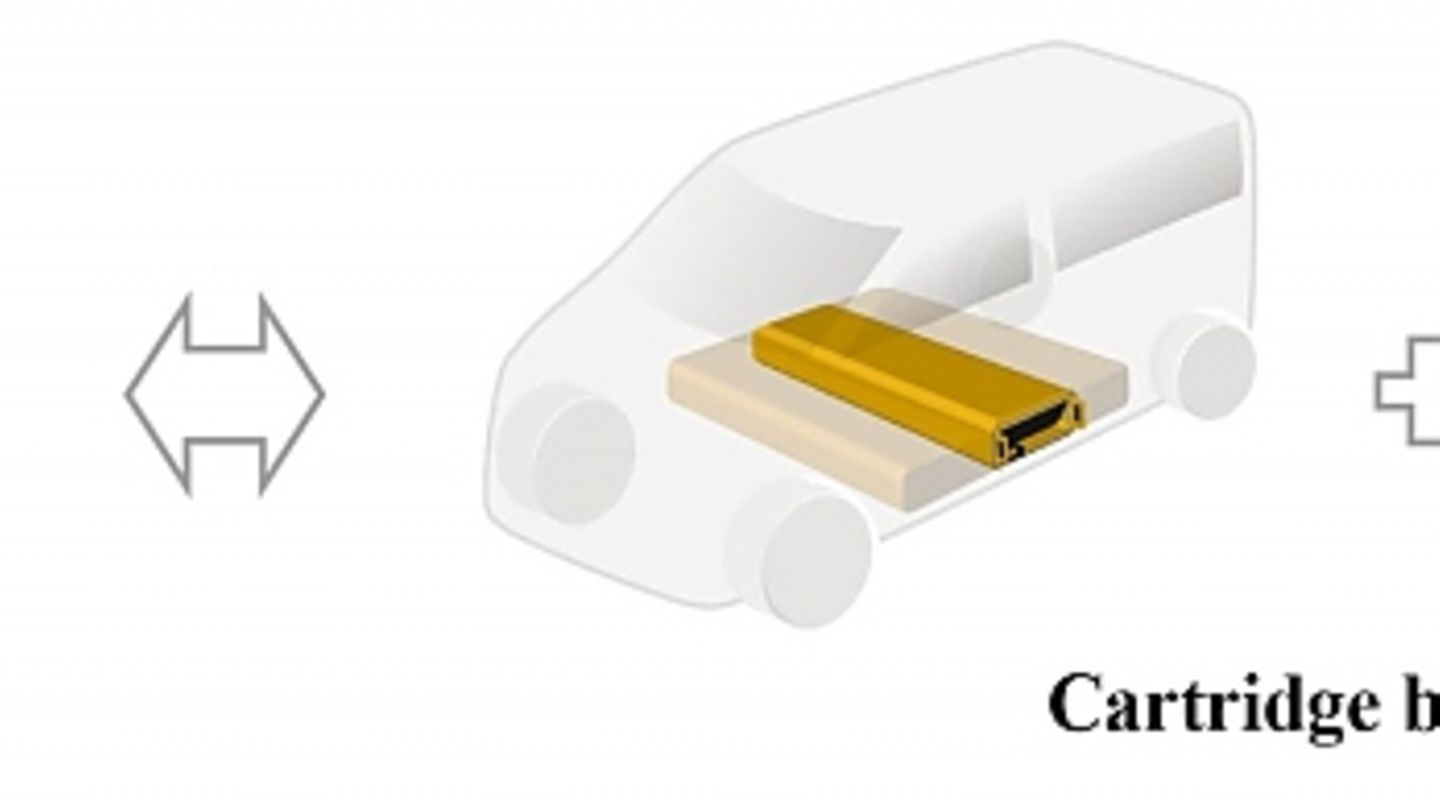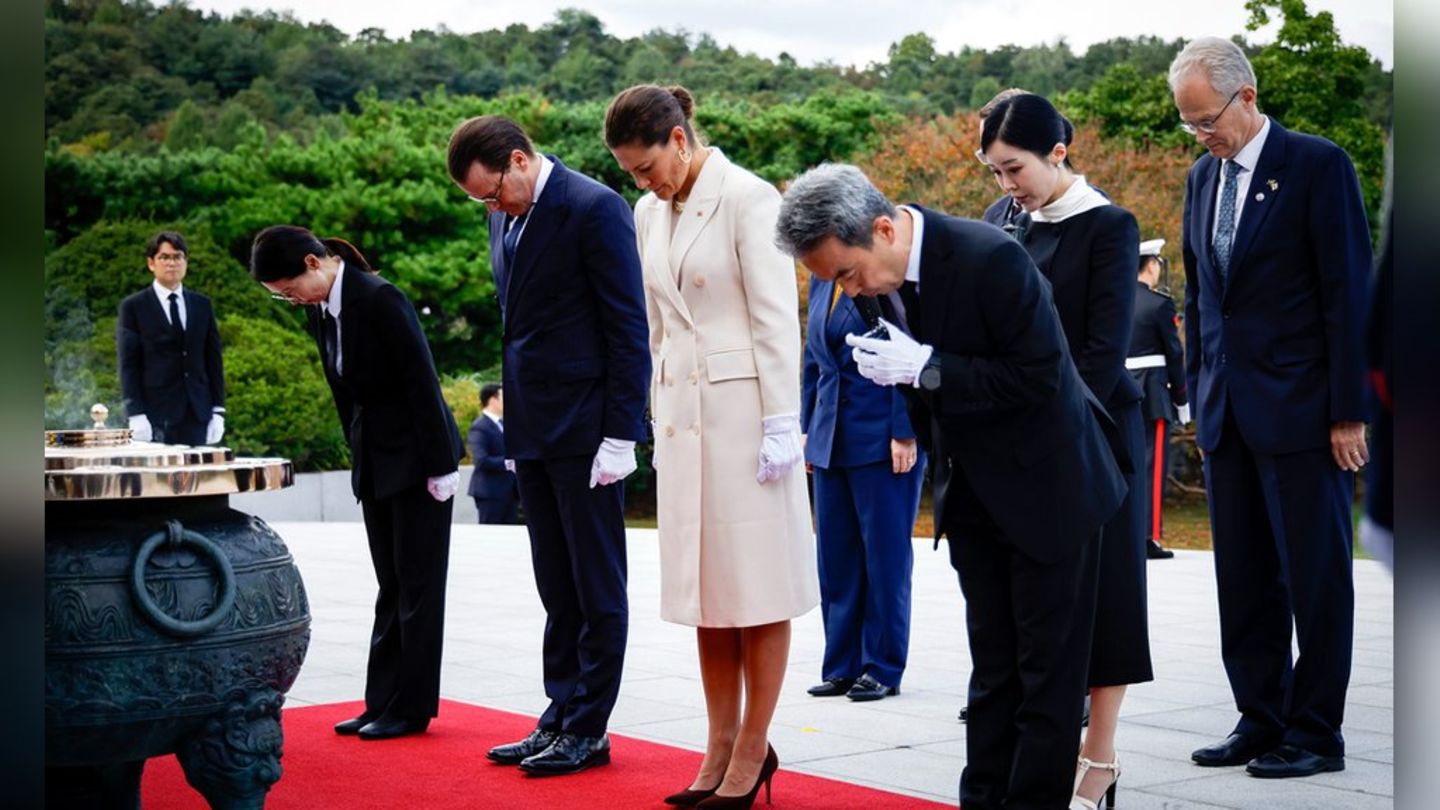The principle of exchangeable batteries was actually considered a failure. The verdict was too expensive, not mature and therefore not practicable, but now the technology is celebrating a remarkable comeback.
So far, the motto for the Stromers has been: faster, more, further. Faster charging, more battery capacity and further purely electric driving. The way seems predetermined. Increasingly powerful battery cells enable electric vehicles to have ever shorter downtimes at the charging stations and to achieve ranges that make the discrepancy with vehicles with combustion engines ever smaller. This also reduces range anxiety. It is taken for granted that the technical advancement of the rechargeable batteries will not be cheap, since this technology is considered to be without alternative.
Established car manufacturers view concepts such as replaceable batteries with amused curiosity. After all, Shai Agassi failed with this concept and his company Better Place, despite big announcements and visions. Tesla found the idea interesting, experimented with changing stations, but abandoned the project due to lack of customer interest. Now Nio wants to make everything better. In the development departments of the established automobile manufacturers, people sit back and relax Let the Chinese burn their money. Even when the Chinese automaker demonstrated that it had learned from the Better Place mistakes and that swapping the battery packs worked, that was no cause for concern.
In fact, the Chinese automaker has applied the lever at two crucial points. On the one hand, the vehicle is lifted into the with a lifting platform and aligned so perfectly that the energy storage can be changed without any problems, on the other hand, Nio has turned the cost screw heavily. The stations are significantly cheaper than Better Place and also take up less space than the original. Four parking spaces are enough. According to Nio, a changing station can equip up to 70 cars a day with new batteries. Such an exchange takes about five minutes. Around 860 stations are already in operation in China. One advantage is that the exchangeable batteries can be charged gently because they can be charged slowly.
All well and good, one or the other will say to themselves and mentally knock over a sack of rice. But the concept of replacing batteries has gained new impetus because the Chinese government has supported the idea and launched a pilot project that will see more than 1,000 battery replacement stations and put more than 100,000 cars on the road. A total of eleven cities are to become the pioneers for electric cars and trucks: Beijing, Changchun, Baotou, Nanjing, Wuhan, Hefei, Sanya, Chongqing, Yibin, Jinan and Tangshan. The intervention of the Chinese Ministry of Industry and Information Technology (MIIT) was necessary because some car manufacturers in the Middle Kingdom have discovered the advantages of battery swapping and there is a risk that everyone will cook their own technological soup, which would be counterproductive. Manufacturers who rely on the principle of exchangeable batteries include BAIC BJEV, SAIC Motor and GAC.
The Chinese car manufacturer Geely wants to set up 5,000 battery replacement stations in its home market by the middle of the decade and has set up a joint venture with Lifan Technology for this purpose, in which Geely will keep the reins of action in its own hands. CATL also has a battery replacement system in the works. CAES, a subsidiary of the Chinese battery cell manufacturer, presented a battery replacement solution earlier this year that works with different vehicles. When such big players with global ambitions jump on the bandwagon, a technology is more than an expensive flash in the pan. However, the technology can only assert itself if there is a standard. The government in Beijing has recognized this and is acting accordingly.
The exchangeable batteries will not remain a local phenomenon and will also come to Europe. Nio has already gained a foothold in Norway and wants to set up the first stations in Munich and Berlin this year. The federal capital is developing into a pillar for replacement batteries anyway. TotalEnergies recently announced a cooperation with the battery replacement specialist Infradianba, a joint venture between the German infrastructure expert InfraMobility and the Chinese battery replacement specialist Aulton Dianba. In the USA, something is happening in and around San Francisco, where the start-up Ample operates five battery exchange stations especially for electrified Uber drivers. It shouldn’t stay that way. That’s why Ample has entered into two partnerships with the investors Shell and Eneos to boost further projects in the USA and Japan.
All this has not gone unnoticed. Toyota has also tasted blood in the meantime: The Japanese courier service Yamato Transport and Commercial Japan Partnership Technologies Corporation (CJPT) are working together on the standardization of exchangeable and rechargeable battery cartridges for commercial electric vehicles. The exchangeable batteries make sense for commercial vehicles in particular, because the large batteries can be swapped out quickly while the truck is being loaded. While the transporters are in operation, the energy stores are refilled. However, it is also clear that battery replacement stations are not the only solution and are installed as a complement to the expansion of a classic charging infrastructure and thus lead to an equalization of the power tank problem.
Source: Stern
I am a 24-year-old writer and journalist who has been working in the news industry for the past two years. I write primarily about market news, so if you’re looking for insights into what’s going on in the stock market or economic indicators, you’ve come to the right place. I also dabble in writing articles on lifestyle trends and pop culture news.




